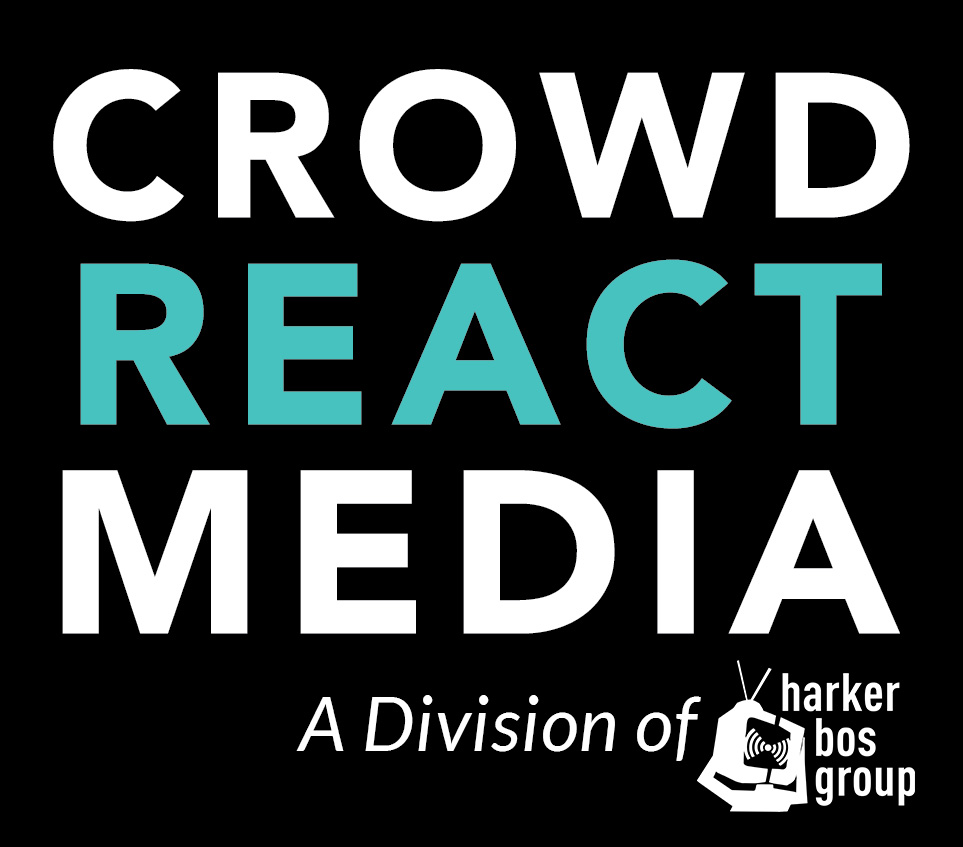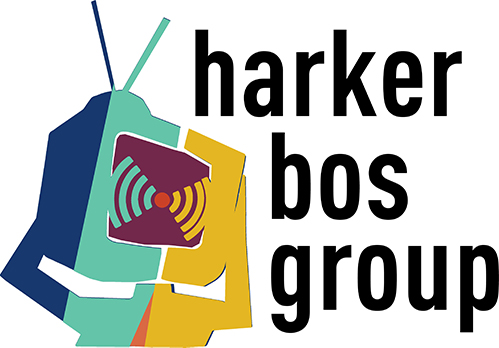Weekly Roundup – Week of July 24th, 2023
Sports Media & Sports Betting News
Who Might Buy A Piece Of ESPN From Disney? Here Are Seven Candidates.
"Disney Chief Executive Bob Iger shook up Wall Street last Thursday when he told CNBC he’s open to finding a strategic partner for ESPN.
Who could that be? Let’s start with sports betting operators.
Both Disney and ESPN executives have danced around entering the lucrative sports-betting game — as long as the family-friendly Mouse House keeps its hands clean.
Disney Advertising Sales does business with numerous betting operators, including DraftKings FanDuel, Caesars Sportsbook, BetMGM , NJ Lottery and Tipico.
The U.S. sports industry is also awash in petrodollars from countries looking for overseas investments, which numerous critics have labeled sportswashing.
I spoke to some sports-media advisers about strategic partners that could buy a stake in ESPN or forge a joint venture.
The first place to look, they said, is sports-betting platforms trying to morph into media companies.
“I would say sports books, for sure. But I would also say another candidate would be Fanatics,” said T.K. Gore, the former media adviser turned head of business development for Kiswe. “If you look at [Fanatics’] database, how valuable is that? They know every purchase I’ve made. There would be integration opportunities with the transactional side of it: betting, e-commerce, digital. They could do a lot of creative things.”
Iger cut his teeth as a young executive for the legendary Roone Arledge at ABC Sports, whose motto was “Innovate or Die.”
Netflix Is Sticking To 'Sports-Adjacent' Streaming Instead Of Live Sports, For Now
"There seems to be a lot of focus on streaming live sports, but based on comments from Netflix co-CEO Ted Sarandos, it appears the company plans to largely stay out of that game for the moment. “We really think that we can have a really strong offering for sports fans on Netflix without having to be part of the difficulty of the economic model of live sports licensing,” he said during the company’s second quarter earnings call on Wednesday.
That quote was the final part of a longer response about the company’s sports strategy. “We’re super excited about the success of our sports-adjacent programming,” he said, pointing to recent titles like Quarterback and Tour de France: Unchained. With the latter, he talked about how it did “exactly what we saw with Drive to Survive, which is introduce a brand new audience to a sport that’s been around for a really long time and [is] not very well understood. You do that through exceptional storytelling, not through the live-ness of the game.”
That strategy, Sarandos argued, lets Netflix “offer this wide variety of sports programming for sports fans that’s in-season year round” that leans on the company’s strengths in storytelling.
Other big tech companies have made splashy live sports deals, like Google landing NFL Sunday Ticket and Apple launching a soccer streaming service with the MLS. While Netflix reportedly kicked the tires on F1 rights, based on Sarandos’ comments on Wednesday, it seems like Netflix might not chase huge live sports partnerships in the near term. Instead, you might want to get ready for a new documentary about a sport you didn’t even know existed."
Report: FIFA Misses 2023 Women's World Cup Broadcast Revenue Target by US$100m
"Fifa will miss its revenue target for 2023 Women’s World Cup broadcast rights by US$100 million, according to the Wall Street Journal (WSJ).
The rights to the tournament are being sold individually in many markets for the first time, having previously been bundled in deals for the men’s World Cup and other soccer competitions.
Strong viewership figures for France 2019, an expansion from 24 teams to 32 and the ongoing commercial growth in the women’s game had convinced Fifa that unbundling the rights would lead to a lucrative new revenue stream.
According to the WSJ, Fifa was targeting US$300 million. Half of this figure would come from the estimated value of the Women’s World Cup in bundled deals, such as the arrangement with Fox in the US, and half would come from new deals in markets not covered by a multi-year agreement.
However, Fifa was reportedly only able to generate another US$50 million as broadcasters who had previously received the rights to the tournament at little cost were not keen on meeting Fifa’s loftier valuations – especially given the time difference between hosts Australia and New Zealand and key markets like Western Europe.
Fifa president Gianni Infantino attempted to use public pressure to extract more lucrative offers, accusing broadcasters of undervaluing the rights and threatening a blackout. Meanwhile, government ministers in the countries affected urged for an end to the impasse.
Deals were eventually reached in France, Germany, Italy, Spain and the UK for the whole tournament, while a deal in Japan with public broadcaster NHK was only agreed a week before the first match was due to kick off."
News & Political Media News
Can A New Spanish-Language Media Group Help Donald Trump?
"Since Americano Media first emerged, a year ago, it has adapted to a crowded news market. Univision and Telemundo dominate the country’s news programming in Spanish, jointly encompassing more than seventy television channels. Univision also owns thirty-nine radio stations. The bulk of conservative news coverage is led by radio hosts at the local level; past attempts to build a Spanish-language conservative network with national reach have been short-lived. Americano Media currently has a relatively small presence, on radio, online, and on streaming services, but reaching a national audience is the goal of its founder, Ivan Garcia-Hidalgo, a Republican strategist who has campaigned for Mitt Romney, Newt Gingrich, and Trump. Since the 2020 election, when Democrats saw an eight-point shift among Latinos to the G.O.P., Republicans have sought to increase those gains.
...
Last spring, Americano Media launched on SiriusXM satellite radio, where it drew a modest audience, but managed to slowly attract more capital. According to Caputo, with the support of three conservative donors—among them Thomas Woolston, a patent attorney who once worked for the C.I.A.—who gave almost twenty million dollars, Americano shifted to local radio broadcasting. It struck a partnership with the Audacy radio conglomerate and began airing its programs on 790 AM, renamed Radio Libre, in Miami. Alfonso Aguilar, Americano Media’s political director, said, “The way you create a permanent presence in the community is through radio.”
South Florida was a natural choice. Republicans have made sizable inroads with Latinos in the state in recent elections, and support for the Party is deepening there. Americano Media built its first TV studio in Miami last spring and began attracting staff from a variety of outlets, ranging from CNN en Español to local right-wing radio stations; it now has about a hundred and forty employees. Its initial investment in Florida required Americano Media to cater to a unique audience of Latin American exiles: not only Cubans, who make up almost a third of Latino voters in Florida, but also a growing number of Colombians, Venezuelans, and Nicaraguans who live in the state. Many of them, Alejandro Alvarado Bremer, the director of the Spanish-language journalism master’s program at Florida International University, said, are prone to embrace Manichaean narratives. “You cannot have a moderate, balanced opinion of international matters in South Florida,” he told me. “In order to have traction, you have to be radical.”"
Google It? People Now Are Searching With TikTok Or Reddit.
"For a generation of internet users looking for answers, Google was the first stop. Google became so associated with search that its name became synonymous with the act of seeking information online. But there are signs that’s changing.
“How I feel about the brand has changed quite profoundly,” said Clint Choi, a 26-year-old marketer in London. “When I was just starting to access the internet, Google was an authority, but … the parent company that owns Google has misplaced the consumer’s trust. We don’t see Google as the central authority on search anymore.”
To be sure, Google is still a dominant force in search. The platform still holds 90 percent of the search engine market, according to SimilarWeb, a software and data company. But increasingly, users, especially Gen Z ones, are complaining, and the signs of decline are many.
In 2021, TikTok briefly dethroned Google as the world’s most popular domain, according to Cloudflare, a web security firm. About 40 percent of Gen Z — those born between 1997 and 2012 — prefers to discover information on platforms other than Google, according to data presented last year by Prabhakar Raghavan, a senior vice president at Google.
Google’s share of revenue from search advertising in the United States is expected to fall to 54 percent this year, down from 67 percent in 2016, according to eMarketer, a research firm.
Users bemoan the product’s declining utility in viral tweets and TikToks and trade information on more reliable methods of hunting down information. Google itself is aware of this issue and recently announced a slew of updates to the service, including new AI-generated search results at its annual conference."
Jesse Watters Ratings Compared To Tucker Carlson Since Taking Fox News Slot
"Jesse Watters, the Fox News host who has taken over the prime-time slot left vacant after Tucker Carlson's sudden departure earlier this year, debuted in the timeslot of the controversial former anchor on Monday night.
It was a successful launch for the presenter, who took first place in the prime-time lineup, leaving CNN's Anderson Cooper and MSNBC's Joe Scarborough trailing behind, according to data from Adweek. Yet his ratings were lower than those reached by his predecessor.
According to Adweek, Watters had a total of 2.5 million viewers on Monday night, compared to Cooper's 686,000 and Scarborough's 1.3 million. Among the viewers aged between 25 and 54, Watters also had more viewers than the two other hosts, with a total of 161,000 compared to Cooper's 120,000 and Scarborough's 139,000.
Last week, on July 10, Fox News and MSNBC shared first place in terms of ratings in the prime-time slot.
While it is a positive result for the Fox News presenter on his debut night in the slot when compared to his competitors, his ratings remain lower than Carlson's average of 3.2 million in the first quarter of 2023, before he left the network."
Recent Blogs from Crowd React Media & Harker Bos Group
Urgency & Anticipation - Setting The Stage For Great Content
In his latest entry for Crowd React Media, Scott Masteller discusses how to create compelling content with a sense of urgency and anticipation, ensuring maximum engagement and ROI. Discover the key ingredients to telling powerful stories that leave a lasting impression, making your station the go-to destination for sports enthusiasts.


